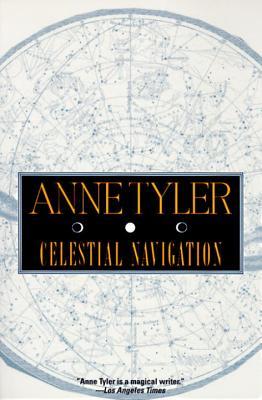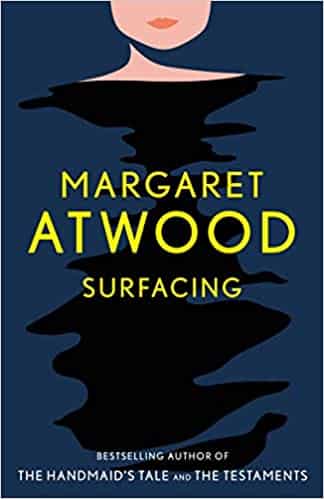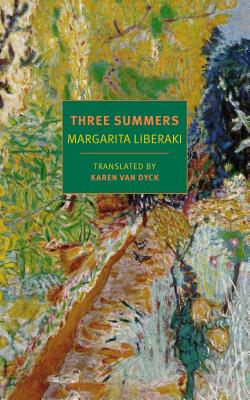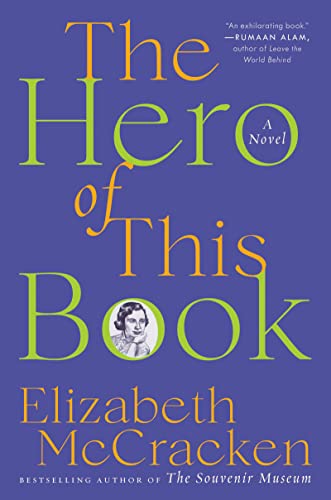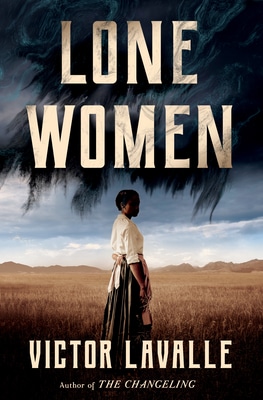Changing Ourselves
Estimated reading time: 2 minutes, 41 seconds
Serenity Prayer
God Grant Me Serenity
When Jan and I purchased our first house, we became fixated on a large boulder in our small front yard. We tried to dig it up but found it went much further than our shovels would reach. We hired two neighbors to help us, but the result was the same. Our final effort was to hire a contractor. When they arrived, the first words were, this is impossible. Others had tried to remove and failed. The boulder was something we could not change.
In one of my bereavement groups, someone quoted Victor Frankl from Man’s Search for Meaning,
When we can no longer change a situation, we are challenged to change ourselves.
Victor Frankl, Man’s Search for Meaning
This quote resonated with me. Jan and I had both read this quote and other writings by Frankl. In addition, we spent almost ten years in Al-anon meetings learning to accept the things we cannot change.
The Serenity Prayer expresses the same sentiment and is something we recited at every Al-anon meeting.
God grant me the serenity
Serenity Prayer
to accept the things I cannot change;
courage to change the things I can;
and wisdom to know the difference.
Although the prayer and the quote make it seem easy to change ourselves, it is the most challenging pivot any of us will make in our lives.
My time in Al-anon helped me during my grief journey. As much as I would like to change that Jan died sixteen weeks ago, that is something I cannot change. If I could have done that, I would have done it. But it is not possible. All that I can do is change myself and create a new and meaningful life.
Thus, I have started to focus on what I can and must change through the groups, writing, walking, and friends’ support.
Among the ways I am changing include but are not limited to:
- My writings help me understand my love for Jan. Each word I write not only reflects the love we shared but helps me to love her more than ever,
- My walking has given me a daily activity that keeps me physically healthy but also provides me the opportunity to clear my mind,
- My facilitation of the Saturday Grief Group has allowed me to give back to others who are also grieving,
My focus on Jan’s memory and legacy has helped me understand that giving her love away is what I must do to remember her and heal.
On the last point, I have written about this in another post, Why Am I Giving Her Love Away
As I wrote at the end of that post, Jan and I both liked Merrit Malloy’s poem Epitaph. It was read at her funeral and will be at mine. The last stanza explains why I am taking my actions to preserve her memory and legacy.
Love doesn’t die,
Merrit Malloy, Epitaph
People do.
So, when all that’s left of me
Is love,
Give me away.
To avoid living on an island of grief, I need to share her love. I do not do this because I no longer love her, and I do it because I love her more now than ever.
Click here to learn more about why sharing Jan’s love away is the true meaning of my love for her!

This work is licensed under a Creative Commons Attribution-NonCommercial 4.0 International License.
After almost 48 years, I recently lost my wife, Jan Lilien. Like The Little Prince, Jan and I believed that “The most beautiful things in the world cannot be seen or touched, they are felt with the heart.” This blog is a collection of my random thoughts on love, grief, life, and all things considered.



